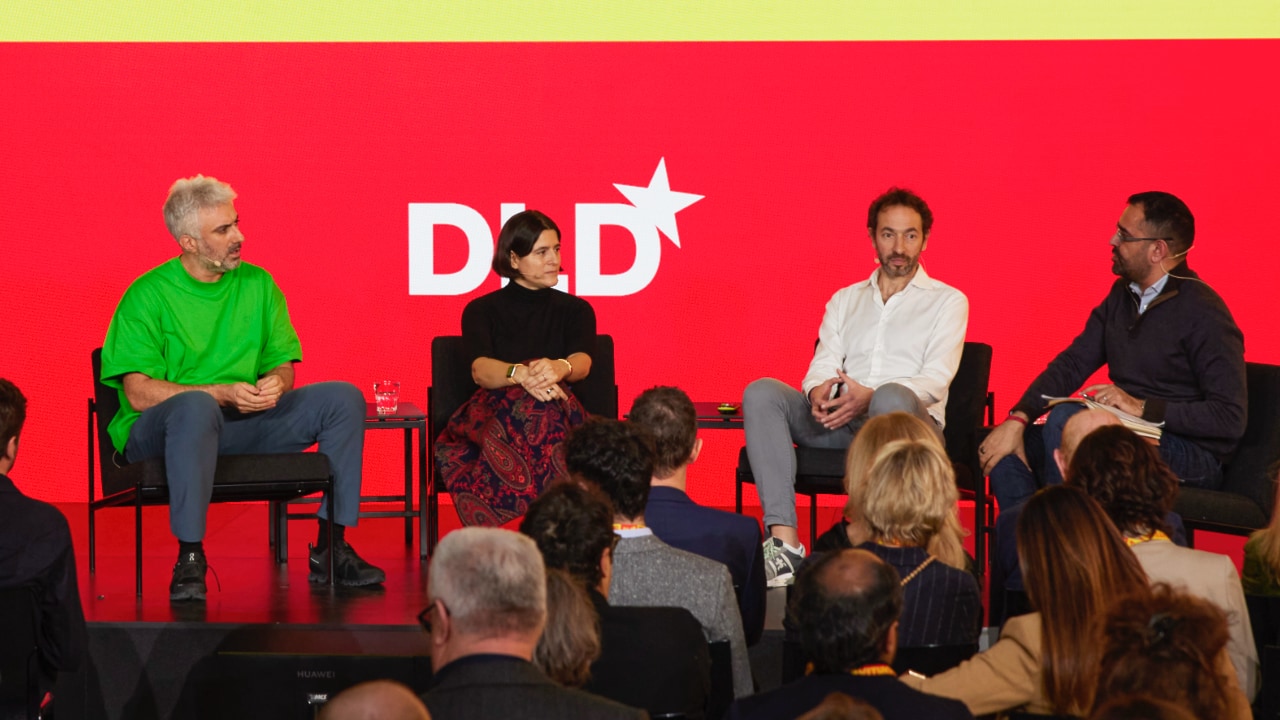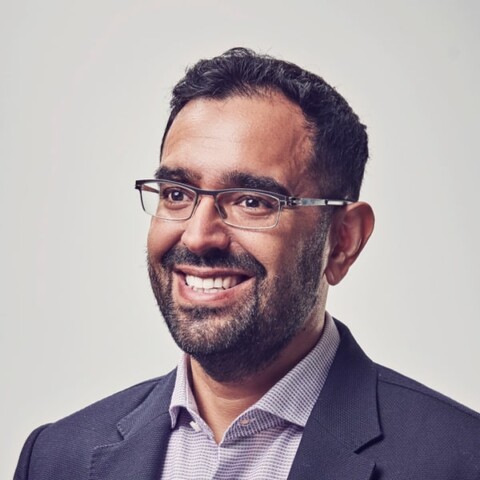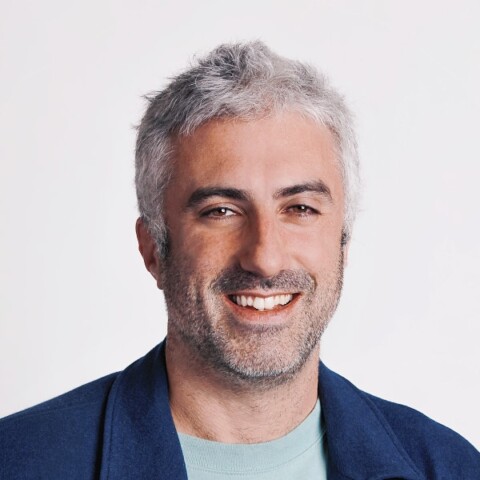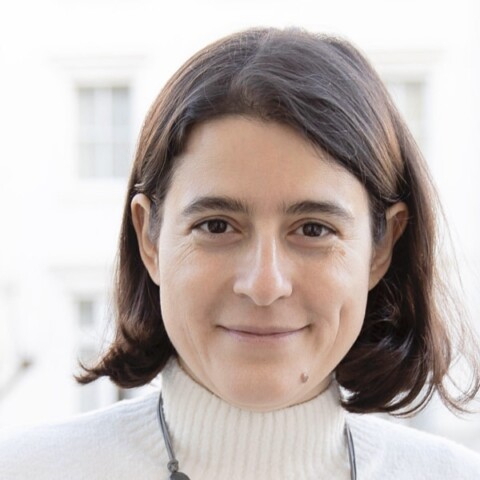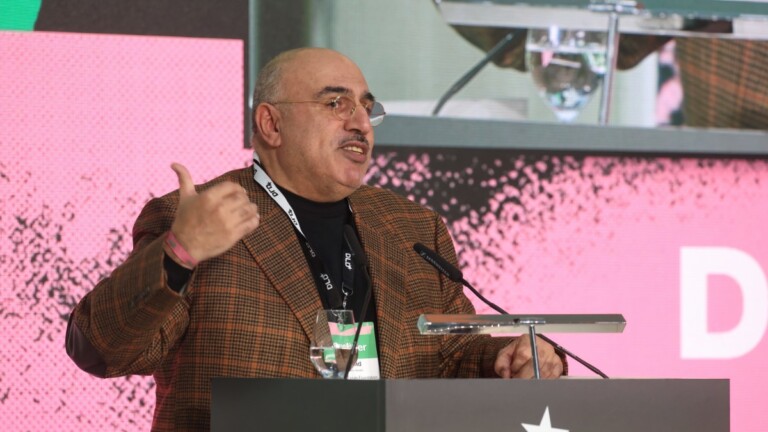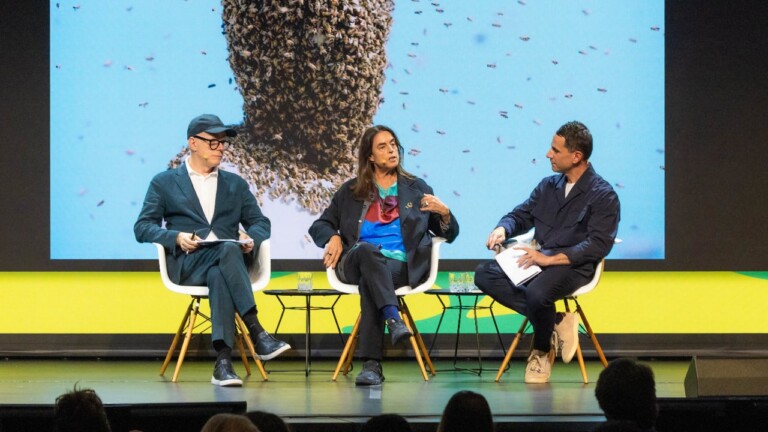AI-driven innovation in biotech, medicine and material science promises a transition from a fossil-based economy to a more sustainable. Moderated by Azeem Azhar (Exponential View), this DLD25 expert panel discussion brings together Christina Nesheva (Officinae Bio), Thomas Clozel (Owkin) and Edward Shenderovich (Synonym).
The bioeconomy is already a huge business with more than $100 billion in annual revenues, Edward Shenderovich notes, “but it’s projected to be close to 30 trillion by 2050, which is comparable to the Internet now, adjusted for inflation.” Many different products “can be produced using biology”, he says, adding that AI promises to accelerate this development.
The current state of medicine underscores the urgency for biological innovation. “Today, medicine is nowhere”, Owkin CEO Thomas Clozel says. “People are still trying to understand biology with a few genes and a few arrows when you have network effects, thousands of cells, billions of parameters.”
If this natural system is too complex for the human mind alone, “biology needs to be reinvented with a new type of artificial intelligence”, Clozel argues. “This is what we try to do at Owkin. We call it biological AGI.” The goal, he says is to automate pharmaceutical discovery and development through AI agents.
Christina Nesheva underscores the need for systems thinking rather than engineering isolated biological components. “Biology is a complex, adaptive system”, she explains, stressing that AI can help humans better understand this complexity. However, she cautions that biological data remains costly and sparse – a crucial difference to Large Language Models which can scrape the Internet for information to learn from.
Watch the video for further insights into the future of bio-engineering, precision manufacturing with organic components, and more.
